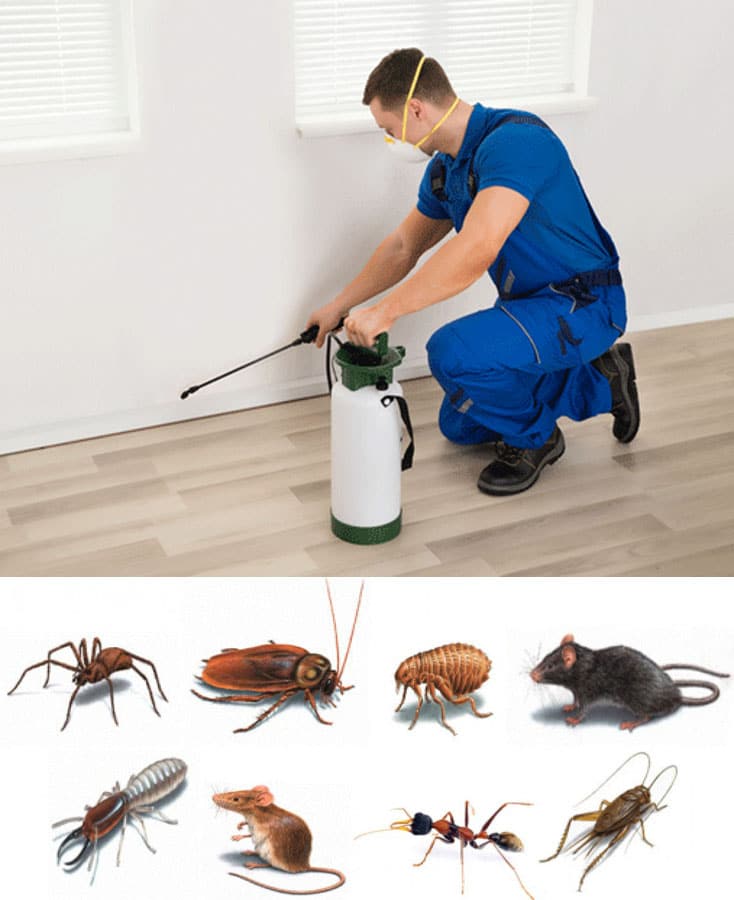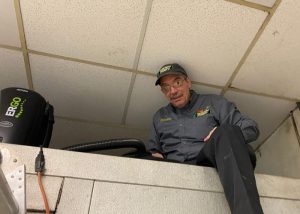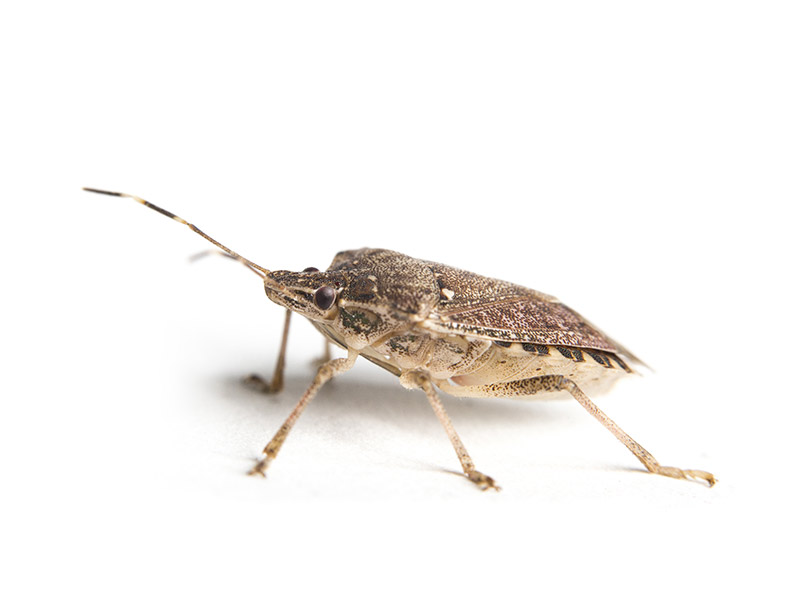Reliable Pest Control in Port Charlotte to safeguard your home.
Exploring Cutting-edge Strategies and Products for Efficient Bug Control
The landscape of pest control is progressing, marked by the development of ingenious methods and products created to improve efficiency and sustainability. From wise catches furnished with innovative tracking systems to organic methods that use natural predators, these developments provide a paradigm change in just how we come close to pest monitoring.
Smart Traps and Monitoring Solutions
Just how can modern-day innovation enhance pest monitoring? One substantial development is the growth of wise catches and monitoring systems, which offer real-time information and analytics for effective parasite control. These systems utilize sensing units and cordless innovation to identify insect task, signaling home managers and bug control specialists to problems before they rise.
Smart traps are furnished with features such as bait stations that bring in parasites and capture them successfully. These traps can be kept an eye on remotely, permitting prompt interventions and reducing the demand for considerable chemical applications. Moreover, the combination of device discovering formulas allows these systems to distinguish between target parasites and non-target species, boosting the accuracy of parasite control actions.
Additionally, the data accumulated from clever catches can be examined to recognize patterns in pest habits and ecological elements contributing to problems (Pest Control in Port Charlotte). This details is invaluable for developing targeted insect administration strategies customized to details environments. By accepting clever traps and keeping an eye on systems, bug control professionals can enhance their functional efficiency and reduce the environmental impact of insect monitoring, inevitably resulting in much safer and extra sustainable methods in the industry
Organic Bug Control Methods
Using natural predators and parasites, biological bug control methods use an eco-friendly choice to chemical treatments. This approach involves the introduction or enhancement of particular microorganisms that can naturally manage insect populations, therefore minimizing reliance on artificial pesticides. Common examples include making use of ladybugs to control aphid problems and parasitic wasps to target caterpillars.

Organic control can be classified into 3 main strategies: classical, augmentative, and conservation. Classical organic control entails importing natural adversaries from the insect's indigenous habitat, while augmentative control includes boosting the population of existing all-natural enemies with launches. Conservation strategies concentrate on developing problems that support these beneficial organisms in the community.
The efficiency of biological bug control depends upon understanding the complicated communications within communities. It commonly requires an extensive analysis of insect dynamics and the life cycles of both the bugs and their all-natural enemies. While organic techniques might not give immediate results like chemical alternatives, they add to long-lasting bug monitoring and ecological community health. As understanding of environmental problems grows, organic bug control approaches are increasingly acknowledged for their sustainable duty in integrated pest management programs.
Eco-Friendly Chemical Alternatives
Eco-friendly chemical choices provide a viable option for pest management that minimizes environmental impact while efficiently regulating parasite populaces. These options are obtained from natural resources and are thoroughly created to target view it now particular bugs without harming beneficial organisms, making them an important element of sustainable insect control methods.
Amongst the most effective environmentally friendly alternatives are plant-based insecticides, such as neem oil and pyrethrin, which are originated from the seeds and blossoms of different plants. These materials disrupt the life process of pests, decreasing their populaces without the poisonous results connected with standard chemicals - Pest Control in Port Charlotte. Additionally, essential oils like peppermint and clove oil show repellent buildings, further improving their energy in bug administration

Furthermore, green chemical choices commonly break down quicker in the setting, reducing the threat of soil and water contamination. This characteristic aligns with the boosting consumer demand for sustainable techniques in agriculture and urban bug control. As research continues to advance, the advancement of ingenious environment-friendly formulations will certainly better enhance efficacy and broaden application areas, enabling pest monitoring specialists to take on greener, much more liable techniques in their techniques while protecting human wellness and the environment.
Pheromone Disturbance Methods
One more cutting-edge approach in sustainable parasite monitoring is making use of scent disturbance methods. These methods manipulate the all-natural chemical signals, or pheromones, that pests use for communication, particularly in mating actions. By interfering with these signals, bug populations can be efficiently handled without turning to hazardous chemicals.
Pheromone traps are frequently employed in this method. These traps use synthetic versions of insect scents to tempt male insects, consequently reducing their capability to locate women and replicate. In time, this can bring about a considerable decrease in parasite populations. In addition, the launch of repellent scents can produce confusion among insects, better inhibiting their breeding procedures - Pest Control in Port Charlotte.

Integrated Bug Administration Techniques
Efficient bug control commonly calls for an extensive method, and Integrated Pest Monitoring (IPM) strategies give a structure for attaining this goal. IPM incorporates various management methods to lessen parasite populaces while minimizing dependence on chemical pesticides. This multifaceted strategy begins with comprehensive monitoring and identification of parasites, permitting targeted treatments based upon particular pest stress.
Cultural methods, such as crop rotation and sanitation, play a vital function in preventing pest establishment. Organic controls, consisting of natural killers and parasitoids, are employed to maintain pest populaces at workable levels. When required, discerning chemical treatments are used, emphasizing reduced toxicity to non-target types and the atmosphere.
By employing this holistic technique, IPM not only boosts pest control performance but additionally contributes to lasting ecological balance. Inevitably, Integrated Pest Management stands for a visit this website forward-thinking remedy that straightens farming productivity with environmental stewardship, making it essential in contemporary bug control techniques.

Conclusion
To conclude, the integration of Go Here innovative strategies and products for reliable parasite control represents a significant innovation in lasting parasite monitoring. Smart catches and keeping an eye on systems, biological insect control methods, environmentally friendly chemical choices, and scent disruption techniques jointly boost the performance of pest administration techniques. By adopting these approaches, the dependence on standard chemicals can be decreased, advertising environmental health and wellness while making sure reliable parasite control. Continued study and development in these areas will certainly further improve parasite management techniques.